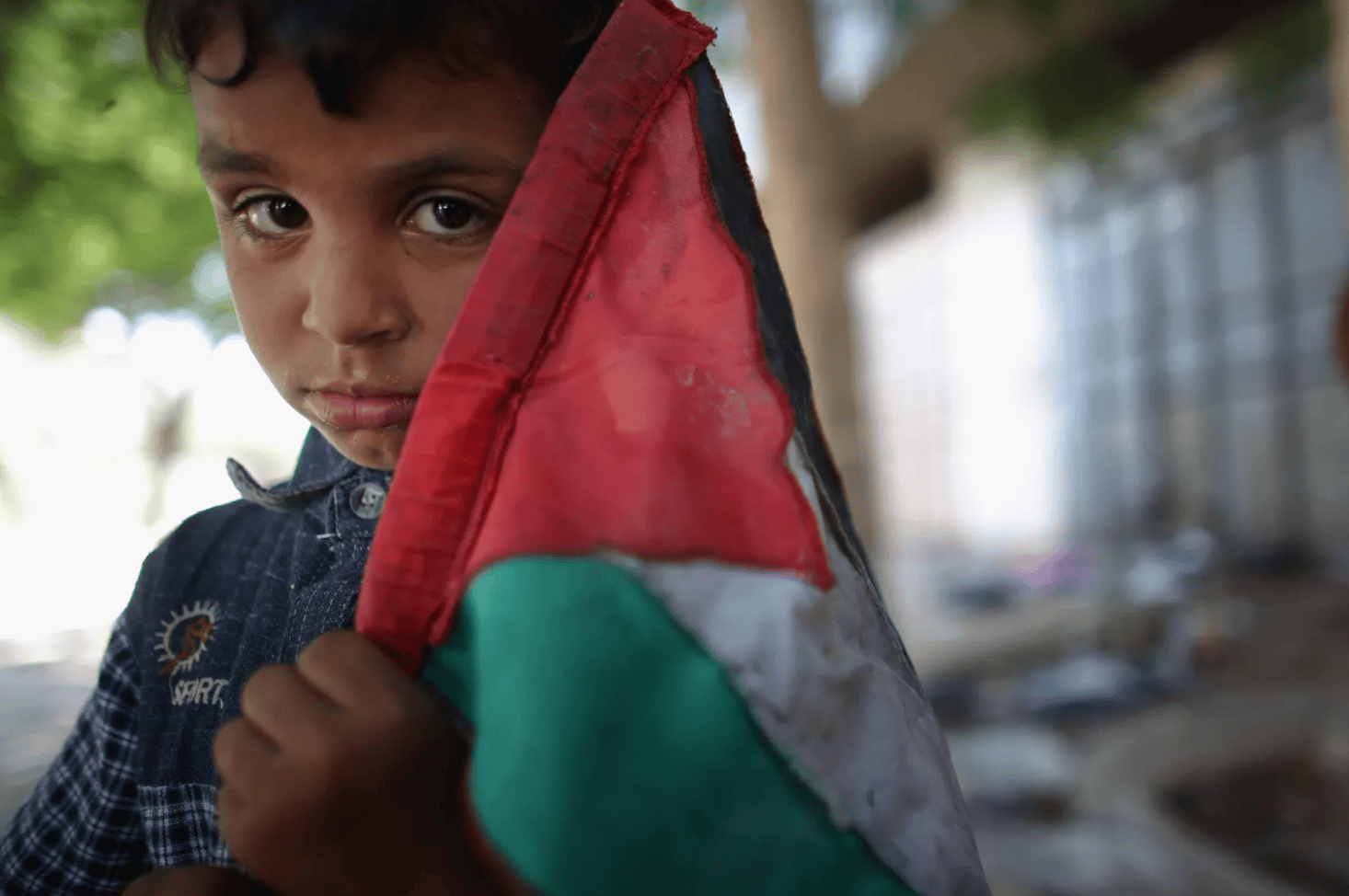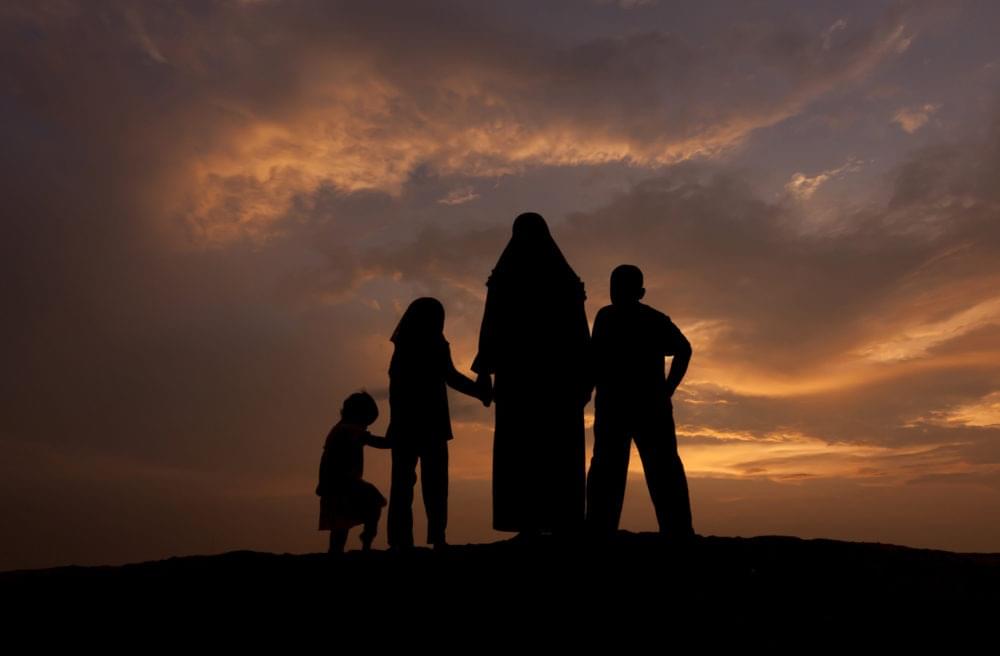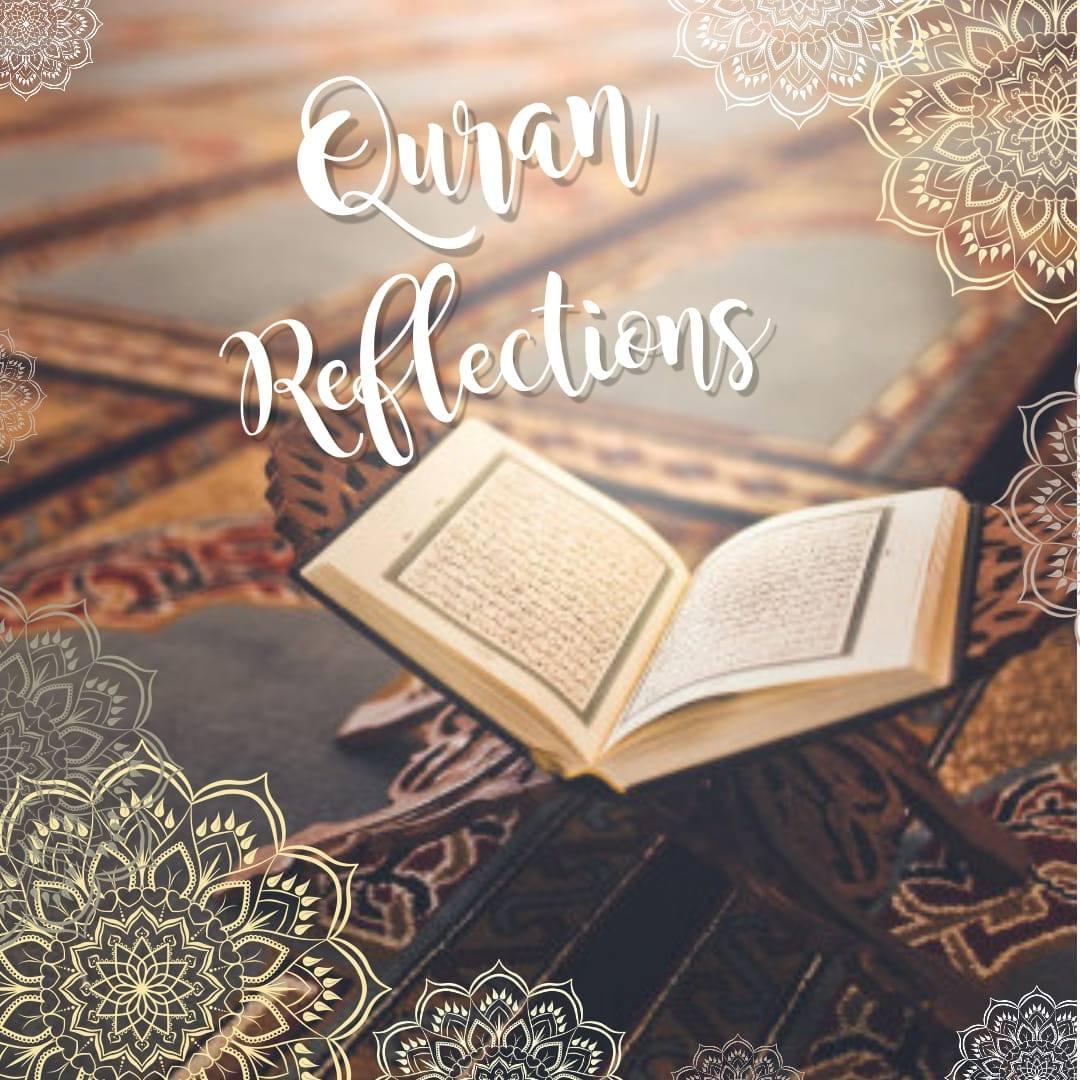GET ACCESS NOW.
FREE 3-PART Course
Instructor: Ustadha Ola Shoubaki
If you live in the USA, please input your State/Province:
I agree to Arabic Gems Institute's Privacy Policy


Transform Your Life With The Qur'an
Get Instant Access to Ustadha Ola Shoubaki's Course for FREE Today!
Join Ustadha Ola Shoubaki as she shares some beautiful gems and key concepts from the Qur'an, by delving into the deeper meanings, whilst relating it to what the people of Palestine are going through.
We have an opportunity to transform our lives by finding solace with Allah's words, and building spiritual and moral growth through understanding and applying the deeper meanings of the Qur’an in our lives.

Ustadha Ola Shoubaki
founded Arabic Gems Institute in 2007 and has taught a multitude of students ever since.
After achieving a Masters in Arabic Linguistics from the International Islamic University of Malaysia where she lived for two years, Ustadha Ola developed her appreciation of the intricacies of the language which helped her witness the miracle of the Qur’an for herself, which she is now passing on to others.
3-PART FREE COURSE
“This is a blessed book which We revealed to you, so that they reflect upon its verses, and those with understanding may take heed” (38:29)
PART 1

allah is sufficient
▪️ حسبنا الله ونعم الوكيل “Allah is sufficient for us, and [He is] the best Disposer of affairs.”
▪️ How have the people of Palestine used the Qur'an for healing, calming and guidance?
▪️ Entrusting ones affairs to Allah s.w.t.
▪️ Reliance on Allah s.w.t. for everything.
PART 2

tests from allah
▪️ How we can transform our life using the Qur'an to deal with tests.
▪️ Facing ‘disaster’ - مُّصِيبَةٌۭ and how to deal with it.
▪️ How can we learn from the patience of those in Gaza, Palestine?
▪️ Being content and accepting the will of Allah s.w.t.
PART 3

PATIENCE
A COMMON PROBLEM
Life is very fast-paced and many of us find little time to seek knowledge and build a bond with the Qur'an which would lead to a relationship with Allah s.w.t., allowing us to trust in Him and rely on Him in all instances.
We see pain and persecution, and we may ask why?
We see a lot of suffering, and we may want answers.
We're told to be patient, but for how much longer?
Trust in Allah, what does this mean?
Our understanding of the Qur'an is limited.
Our reflections of Allah's words are below par.
We see pain and persecution, and we may ask why?
We see a lot of suffering, and we may want answers.
We're told to be patient, but for how much longer?
Trust in Allah, what does this mean?
Our understanding of the Qur'an is limited.
Our reflections of Allah's words are below par.
THE SOLUTION

At the Arabic Gems Institute, our overarching goal is to reconnect and bridge the gap between our hearts and the Qur'an. We recognize that for many, there's a sense of distance from this profound text. Understanding the Qur'an in its original language isn't just about comprehension; it's about allowing its divine light to illuminate our paths.
Our mission is to make the Qur'an's language and its messages both accessible and relatable, bringing it closer to your life.
Our mission is to make the Qur'an's language and its messages both accessible and relatable, bringing it closer to your life.
To start with, we have a FREE 3-part course where we will delve into some of the verses and words of the Qur'an and relate them back to what is happening in Palestine, as that has affected nearly all of us, in one way or another.
Register now for free for INSTANT access.
We pray you can benefit immensely.
Register now for free for INSTANT access.
We pray you can benefit immensely.

Arabic Gems Institute © All Rights Reserved - Privacy Policy
